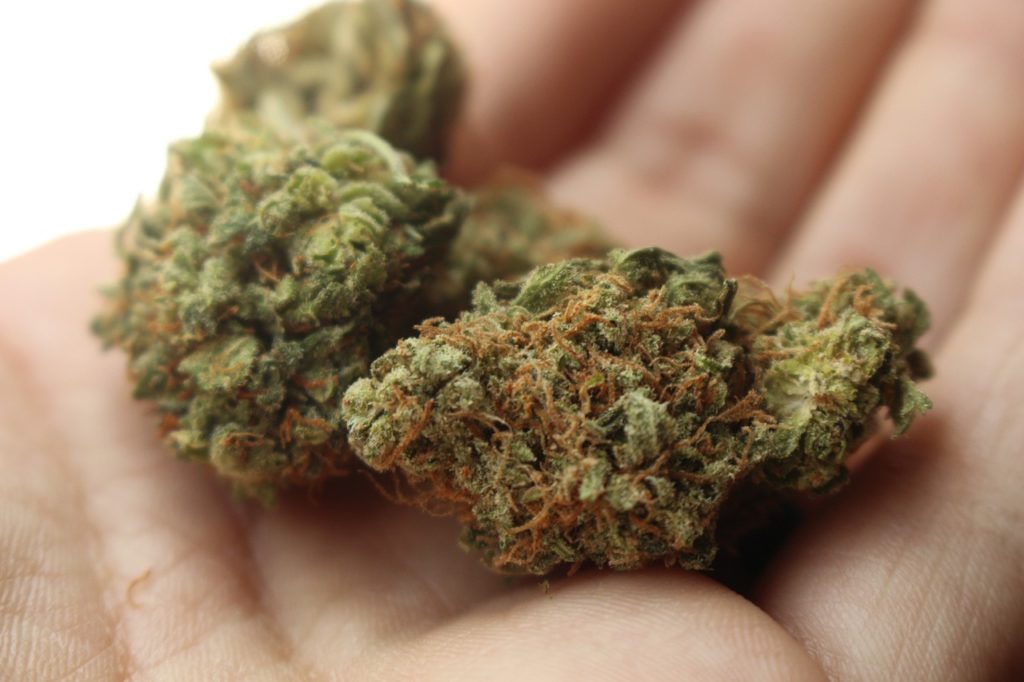
Cannabis, including marijuana and products containing cannabinoids and THC—the primary psychoactive compound in marijuana—has been hailed as a remedy for conditions ranging from anxiety and sleep issues to epilepsy and cancer pain.
Nursing researcher Dr. Jennie Ryan from Thomas Jefferson University is studying the effects of cannabis on symptoms of attention deficit hyperactivity disorder (ADHD). Current medical guidelines for treating ADHD include medications like Adderall and cognitive behavioural therapy. As with most treatments, these options can offer benefits while also presenting certain downsides. Dr. Ryan notes, “Parents are interested in cannabidiol, which does not contain THC. However, we currently lack sufficient scientific evidence to support its use.”
In a recent review paper, Dr. Ryan and her colleagues examined the scientific literature to gather evidence regarding the interactions between cannabis and ADHD. The researchers specifically focused on how cannabis use impacts ADHD symptoms. Additionally, since the human body produces its cannabinoids through the endocannabinoid system, they explored how this endogenous system might influence ADHD. They analyzed both clinical and preclinical findings, which collectively suggest that cannabis affects the endocannabinoid system in various ways, ultimately influencing attention, hyperactivity, and anxiety.
“Dr. Ryan acknowledges that there is a relationship between cannabis use and ADHD. However, she notes that this relationship is complicated by the wide variety of cannabis products available, the numerous types of endocannabinoids, their biological pathways, and the different ways ADHD can present in individuals. Separating and understanding all these factors is extremely challenging. Additionally, researchers studying cannabis face legal restrictions surrounding marijuana that hinder their efforts.”
Co-author Brooke Worster, MD, specializes in pain management and palliative care, says she suspected the published evidence would be sparse. When that was what they found, “I wasn’t super surprised,” she says. “Still, it is shocking how many holes there are. We have a lot of work ahead.”


